IAEA chief to visit Tehran amid calls for agency’s non-political approach
The chief of the International Atomic Energy Agency (IAEA) Rafael Grossi is expected to visit Iran on Friday amid mounting calls for the UN nuclear agency to adopt a non-political approach away from the influence of Western countries.
Grossi will touch down in the Iranian capital on Friday and hold meetings with the chief of Iran's nuclear agency Mohammad Eslami on Saturday, local media reported on Wednesday.
Earlier in the day, Eslami, who heads the Atomic Energy Organization of Iran (AEOI), told reporters that the much-anticipated visit by the IAEA chief will come in the next “one or two” days.
This will be Grossi’s fourth visit to Iran since assuming office in December 2019 and comes ahead of the IAEA Board of Governors meeting next week.
The important visit, which according to Eslami can help end the deadlock in talks on the revival of the 2015 nuclear deal, comes after a team of UN nuclear agency inspectors visited Iran recently to discuss and resolve technical issues.
"The issues were reviewed between the two sides during these talks and were concluded and made clear that there is no specific deviation [in Iran’s nuclear program],” Eslami said in his remarks, dismissing claims in Western media about Iran ramping up enrichment to 84 percent.
A Reuters report last week claimed that Iran’s level of enrichment was very close to weapons grade, pointing to uranium particles enriched to up to 83.7%.
Last month, Bloomberg reported that IAEA inspectors had come across uranium particles enriched to 84 percent.
Dismissing the bogus claims, AEOI spokesman Behrouz Kamalvandi in an exclusive interview with Press TV last week said the IAEA publicizes confidential reports about Iran’s nuclear activities in order to prepare the ground for fabrications against the country’s peaceful atomic energy program.
Dismissing the sweeping claims made in leaked reports, Kamalvandi said Iran has only changed modes of enrichment, not “unannounced changes to the design information questionnaire” (DIQ) as stated by the IAEA.
“The inspector came and pointed out that the mode has changed, he was right, the mode had changed, but DIQ had not changed,” he said in the interview.
Commenting on the Bloomberg report that claimed the IAEA “is trying to clarify how Iran accumulated uranium enriched to 84 percent purity,” Iran’s nuclear agency spokesman said finding highly-enriched uranium particles in the pipes connecting centrifuges was a “normal issue.”
“For example, we are producing 5 percent enriched [uranium], 11 percent particle is seen in it, or we are producing 20 percent [enriched uranium], 47 percent particle is seen in it. We had several correspondences about this in the past… it’s a natural thing in enrichment,” he explained.
With the removal of misunderstandings between the IAEA and AEOI in recent meetings, observers expect that the upcoming meeting between Grossi and Eslami will prepare the ground for increased cooperation between the two sides.
Meanwhile, analysts believe that Grossi’s visit should not be influenced by political pressures exerted by Western countries and the Israeli regime.
Their concerns go back to June 2022 when Grossi landed in Tel Aviv ahead of an IAEA board of governors meeting.
That session ended up with a resolution that called on Iran to cooperate with the UN nuclear agency's probe into so-called "three undeclared sites," which has now emerged as a key sticking point in concluding the marathon talks on salvaging the nuclear deal.
The probe, Iranian authorities have repeatedly maintained, is based on forged documents provided to the UN nuclear agency by the Israeli regime. Iran insists that the politically motivated probe must be dropped to reach a deal in Vienna.
Stressing its peaceful nature of nuclear activities, Iran has welcomed technical cooperation with the IAEA as it is manifested by inspectors’ regular visits to Iranian facilities, despite the fact that these inspectors are not allowed to inspect nuclear facilities in Israel.
Missile fired from Yemen hits Tel Aviv
VIDEO | Iran emerging as aviation service hub through innovative solutions
Iraq exhuming remains of 100 Kurdish women, children killed by Saddam
Panama rejects talks with US over canal control
VIDEO | Israel Yemen aggression
HTS rulers name al-Qaeda operative as Syria's new spy chief
Iran voices concern about rising insecurity, violence in Syria
VIDEO | Karachi sit-in amplifies nationwide call for justice for Parachinar victims


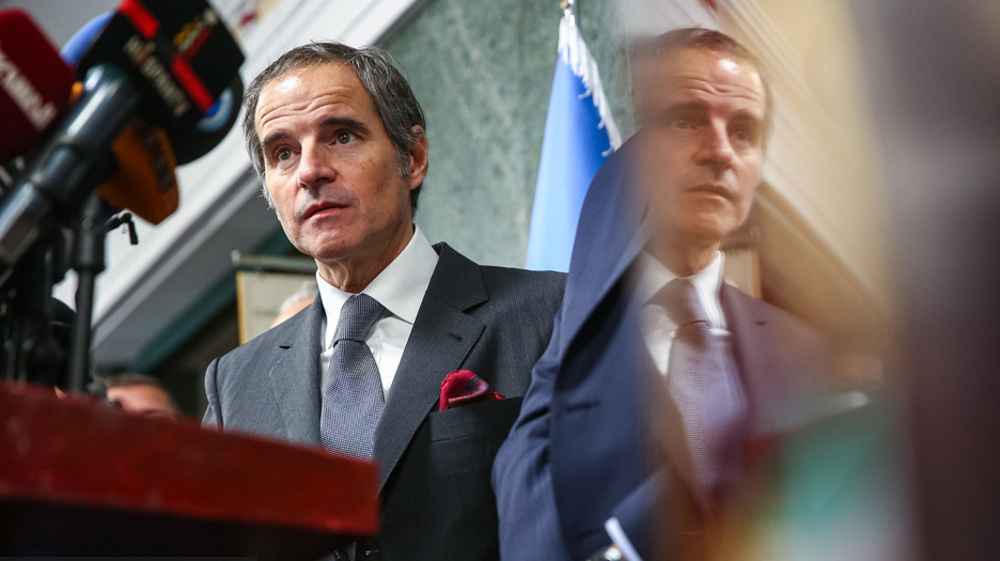
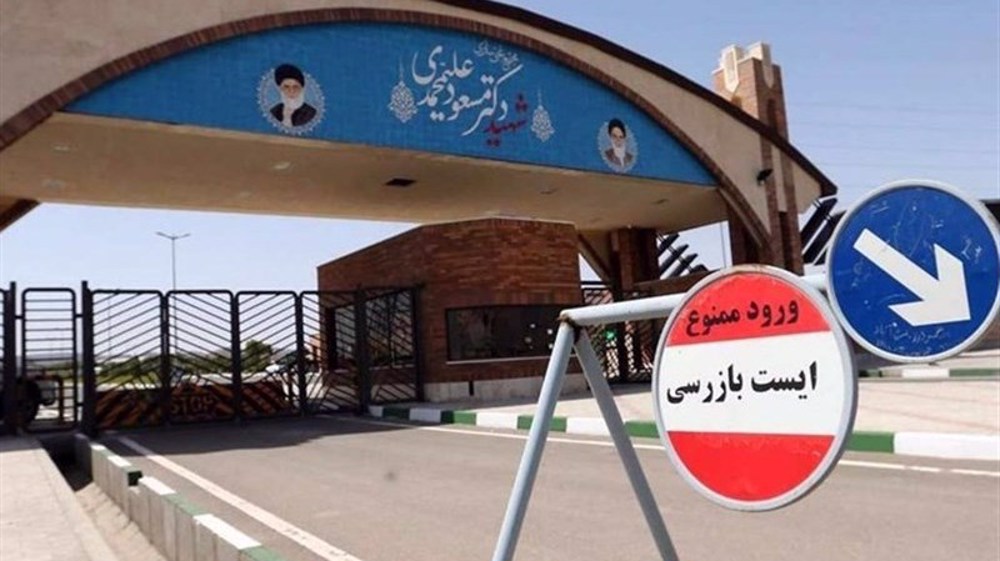
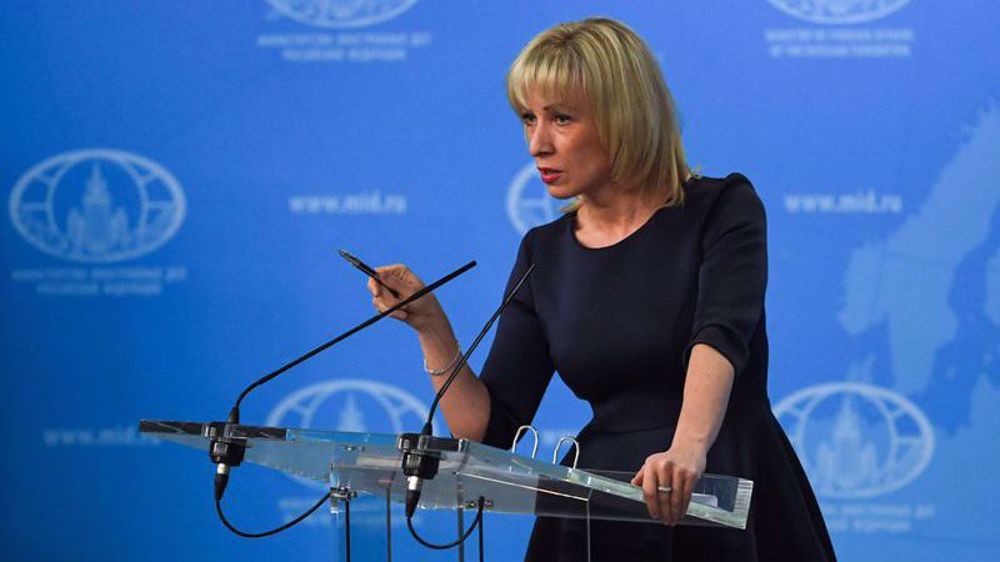
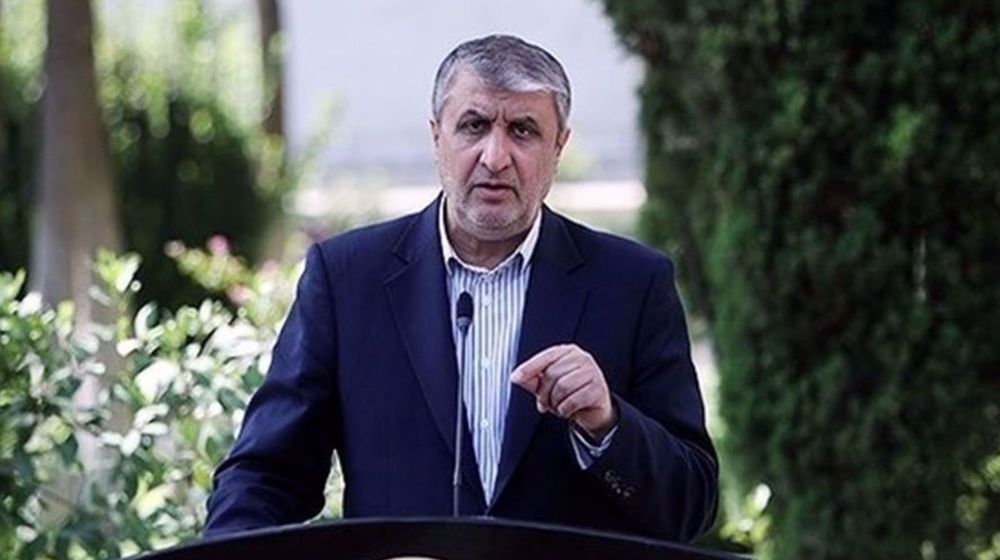
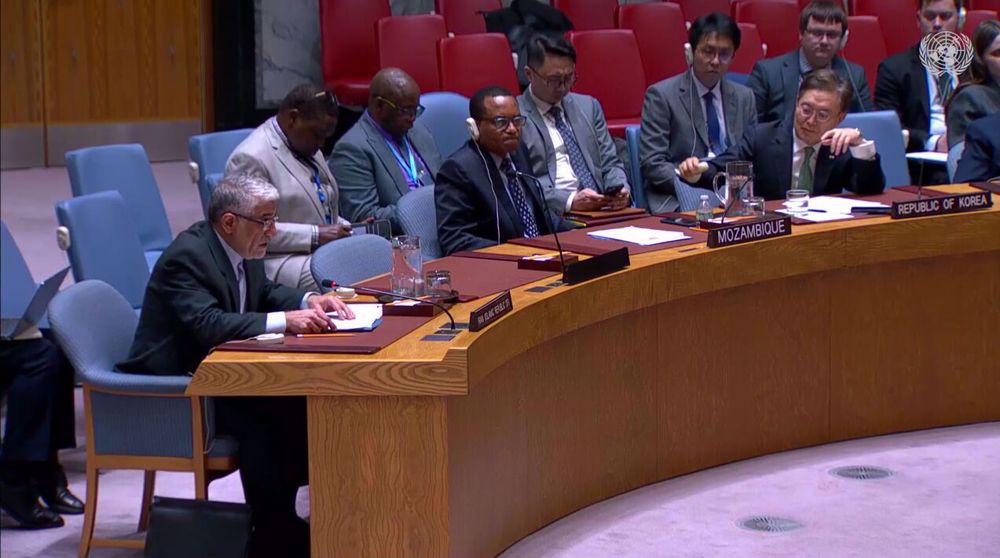



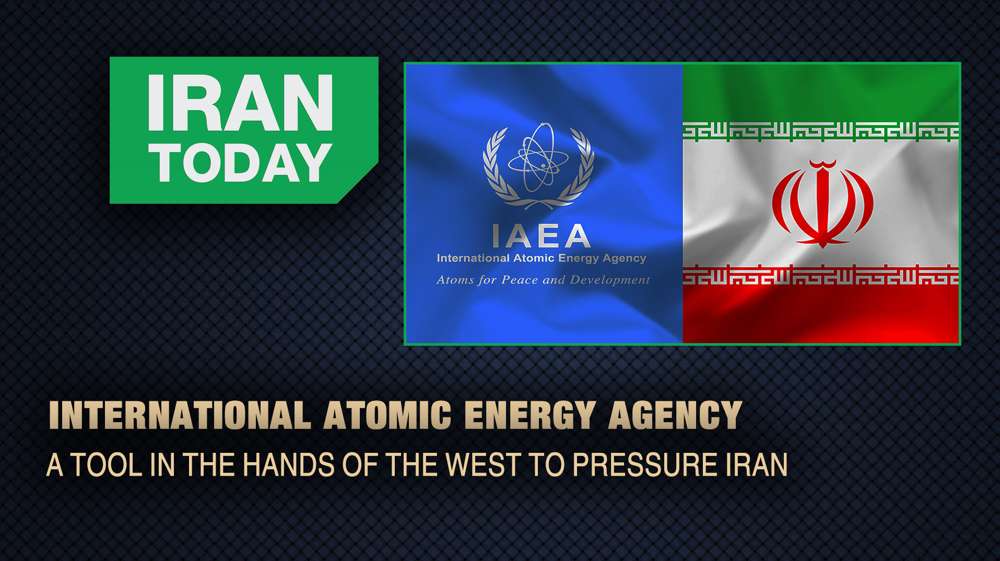
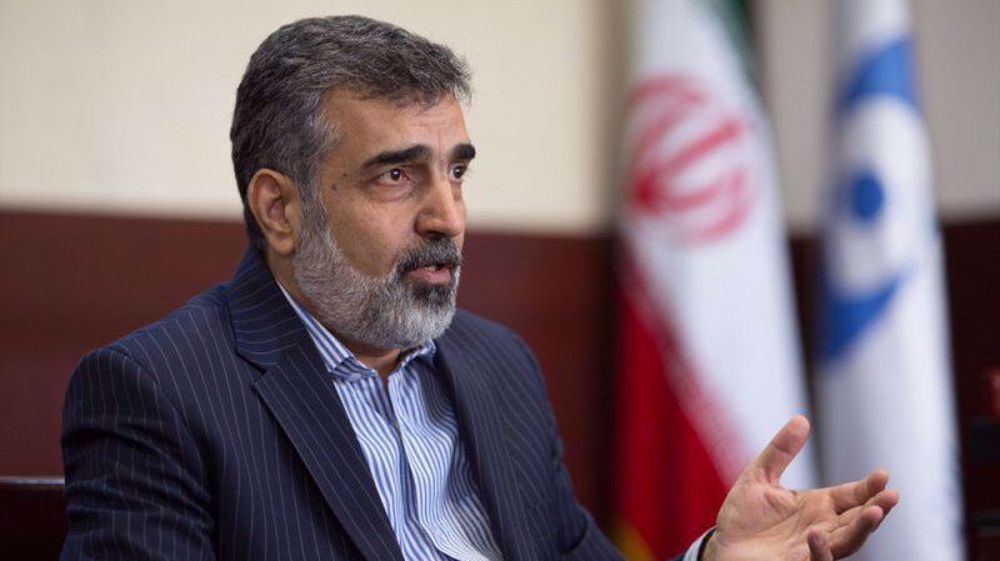
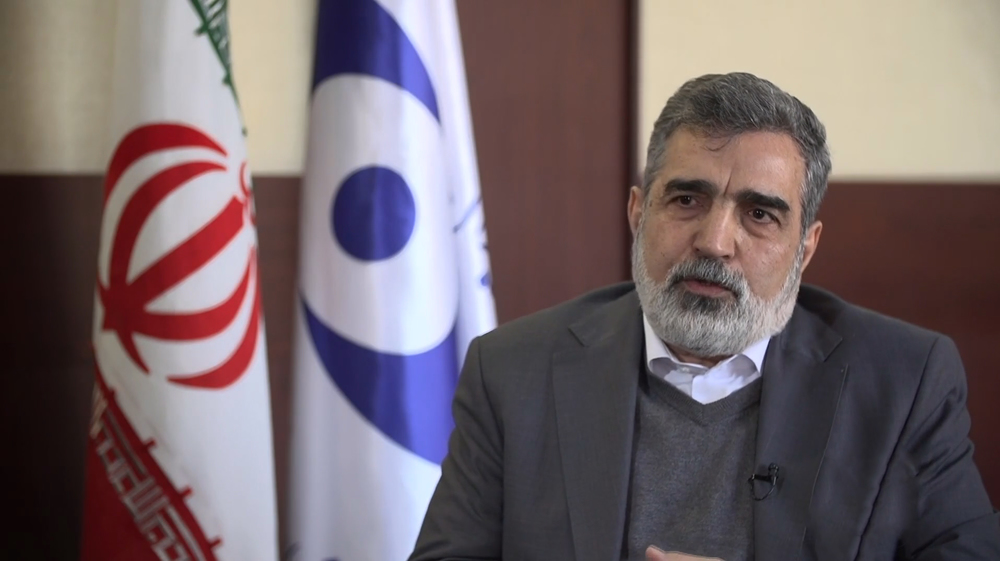
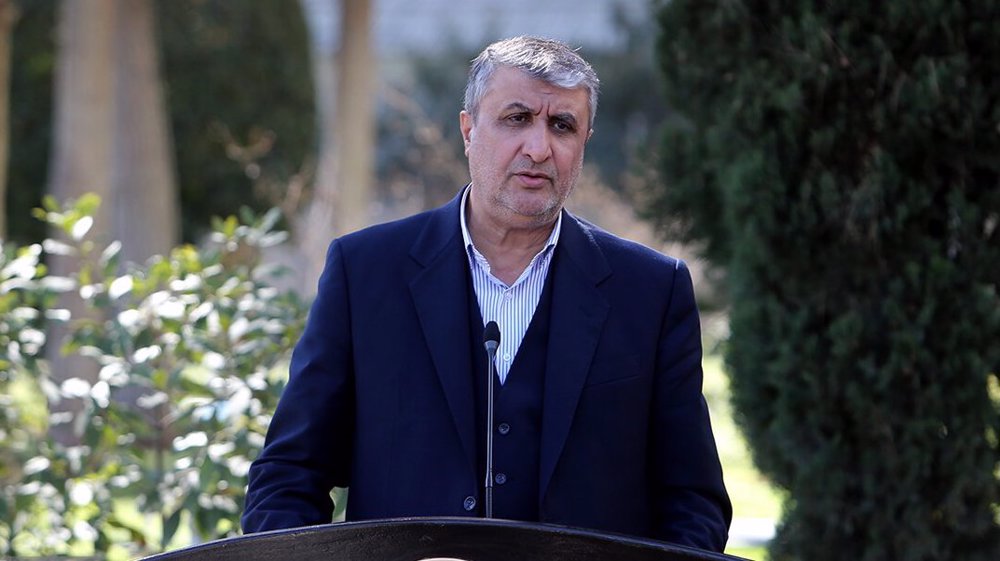
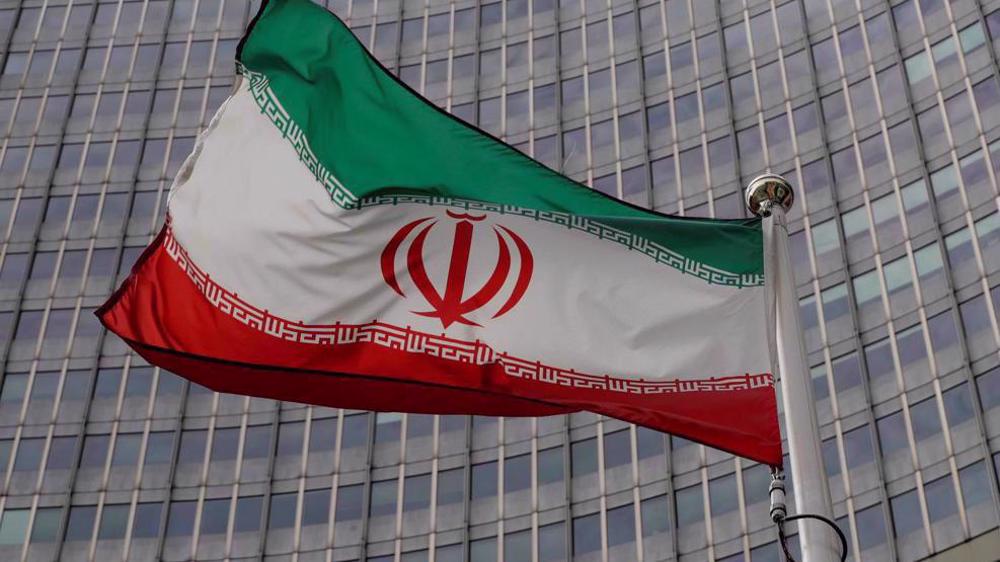
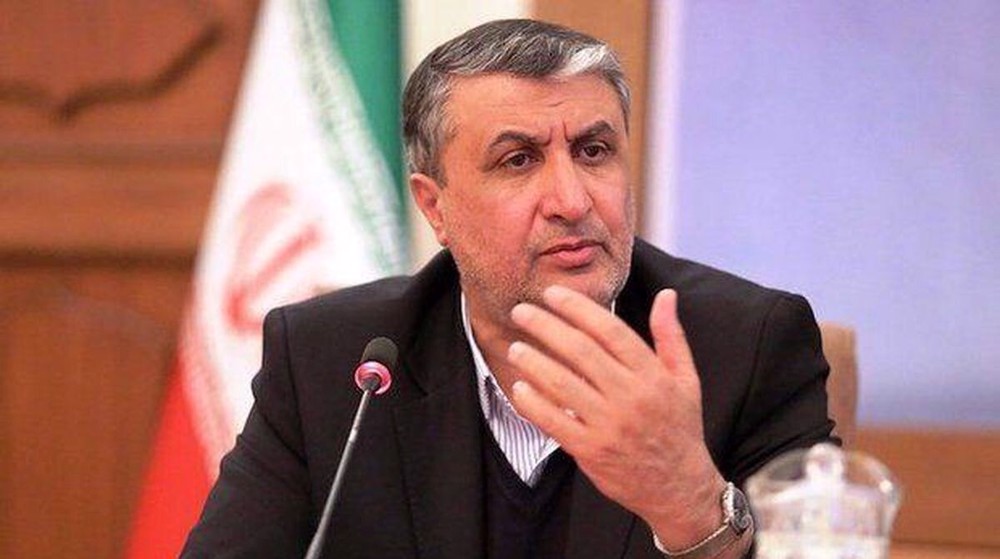

 This makes it easy to access the Press TV website
This makes it easy to access the Press TV website